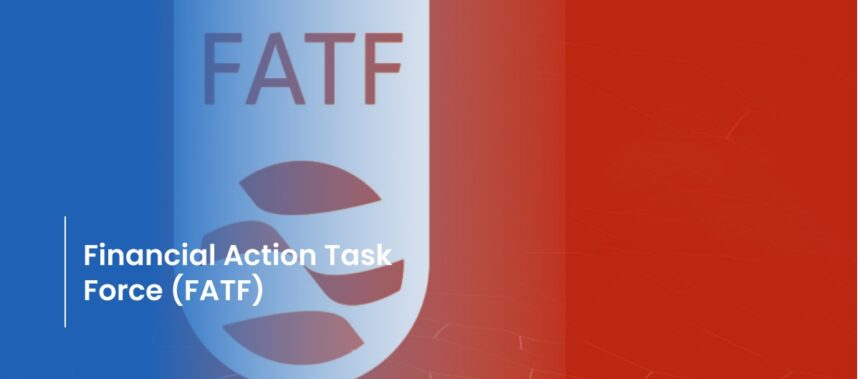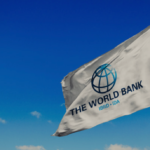Senegal has officially been removed from the Financial Action Task Force’s (FATF) “grey list” – a global financial watchdog of countries under heightened scrutiny for insufficient controls against money laundering and terrorism financing.
This decision by FATF marks a significant boost for investor confidence in Senegal, particularly after recent negative developments led to a selloff of the country’s eurobonds.
Since Senegal’s initial grey-listing in 2021, the country has made substantial progress in fortifying its financial system to align with global standards. Senegal implemented rigorous reforms to strengthen anti-money laundering regulations, enforcing penalties on non-compliant institutions and introducing targeted sanctions.
Additionally, new legislation aimed at combatting illicit financing was adopted in early 2024, providing the legal foundation FATF sought to remove Senegal from its grey list.
- Advertisement -
Grey-listing generally affects investor sentiment by reducing capital inflows, creating economic challenges for affected countries. Recent studies by the International Monetary Fund (IMF) have shown that grey-listed countries often experience a capital outflow equivalent to about 7.6% of their GDP.
This was evident in Senegal’s case, as foreign investment tapered and its fiscal standing weakened. The IMF recently raised concerns about Senegal’s underreported financial data, leading to scrutiny over its $1.5 billion program with the fund, and S&P Global revised Senegal’s credit outlook to negative, raising questions about fiscal transparency.
Now that Senegal is off the grey list, the country is working to reassure investors, stabilizing its eurobond market and ensuring long-term growth.
This move also distinguishes Senegal positively, as other African nations like Algeria, Angola, Ivory Coast, and Lebanon were recently added to FATF’s list, facing new regulatory pressures.










